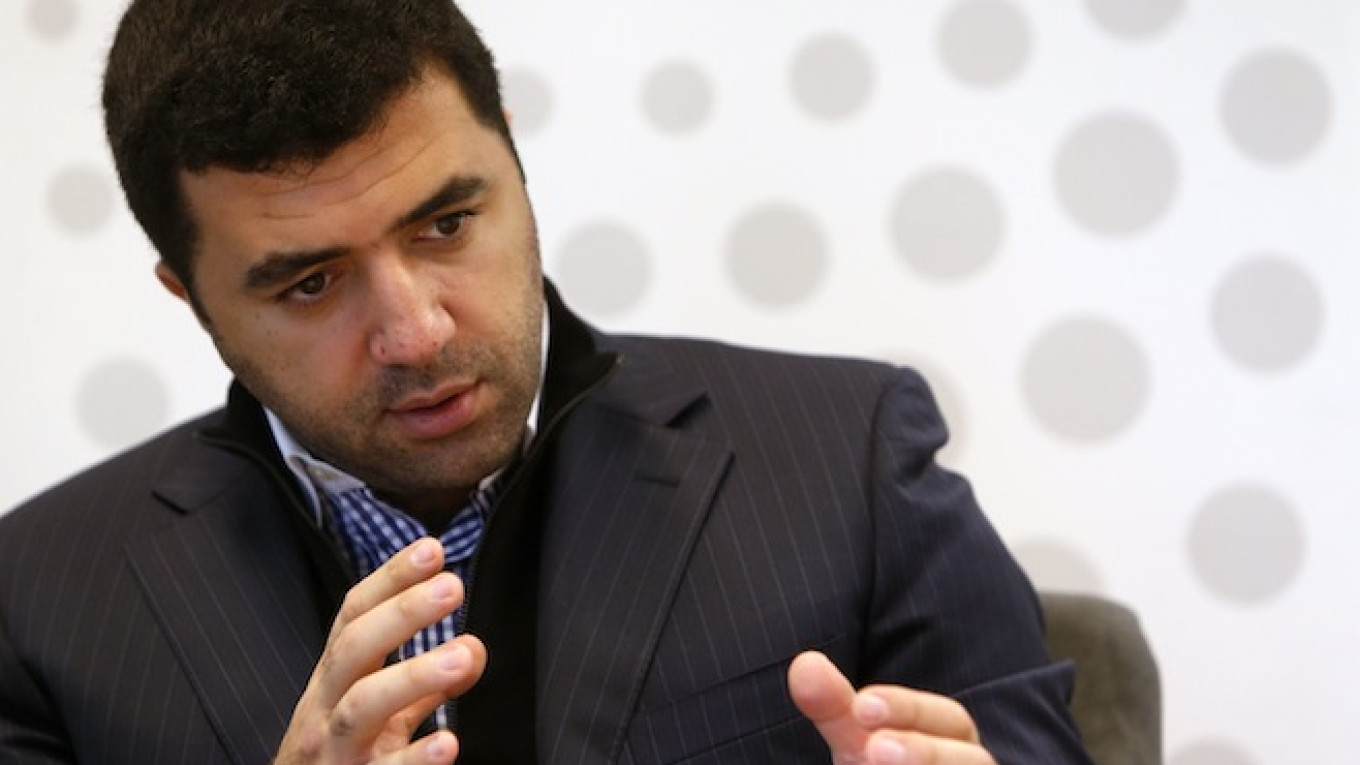Russia's largest hydropower producer, RusHydro, is planning an extensive roadshow to attract investment from China and Singapore, seeking to strength business ties with Asia as Moscow's relations with the West cool.
George Rizhinashvili, RusHydro's deputy chief executive, told the Russia Investment summit that the company was largely unaffected by Western sanctions and that it would increase its dividend yield this year.
Punitive measures imposed on Moscow by the West over the Ukraine crisis have encouraged the state-controlled company's pivot towards Asia in line with the Kremlin's strategy to improve relations with Asian countries, he said.
"It's not that we're seeing a sharp U-turn ... nobody is running anywhere," Rizhinashvili said.
"We see this as a colossal opportunity to improve the parameters of business in our company and in full accordance with government policy."
The sanctions have limited Russian companies' access to foreign cash, slowed Russia's economy and helped push the ruble to record lows. But RusHydro has yet to feel any adverse effects, Rizhinashvili said, adding that the company maintained its forecast that EBITDA for 2014 would be around the same level as 2013's 79 billion rubles (now $2 billion).
Rizhinashvili did not say how much the company would be paying out in dividends for this year, but said the dividend yield would increase to 4 percent from around 2.3 percent in 2013. It paid a dividend of 0.0136 rouble per share in 2013, or around 5.2 billion rubles in total.
Analysts have criticized state-controlled Russian utility companies' low dividend yields, compared to private sector competitors such as E.ON Russia, the subsidiary of Germany's E.On, which offers a yield of 14 percent.
RusHydro executives will tour Shanghai, Hong Kong and Singapore between November and March, seeking partners for projects centered in eastern Russia, including a plan to build four 2-gigawatt power plants in the remote Amur region near the border with China.
Rizhinashvili said RusHydro was in talks with three Chinese firms regarding this project: with Three Gorges Corp., the company that built the world's biggest hydro-power scheme, on investment; with PowerChina on its construction and with State Grid on sales.
In May RusHydro signed a number of cooperation agreements with leading Chinese energy firms, including PowerChina and Dongfang Electric, during a visit by Russian President Vladimir Putin to Shanghai, but so far no further progress has been made.
In April Russia's Energy Ministry forecast the Amur project would cost 286 billion rubles ($7.3 billion), while analysts see costs at $10 billion and have questioned whether there is sufficient demand for the electricity it would produce.
RusHydro is prepared to cover 30 percent of the cost, Rizhinashvili said.
"We're considering a broad range of financing options ... (including) foreign ones, Chinese in this instance. We need to convince shareholders of the viability of the project," he said.
The company is also aiming to step up cooperation with India, Rizhinashvili said.
"A big program is being readied with Indian partners for November ... we believe there will be a breakthrough. It's been in the works for two-and-a-half years," he said, without giving further details.
In March RusHydro signed a deal to design the second phase of India's biggest hydrothermal power plant — Upper Siang. It will be operated under a joint Russian-Indian venture managed by Russia. After designing the project, RusHydro wants to participate in the tender for its construction.
The Russian government controls 66.84 percent of RusHydro.


